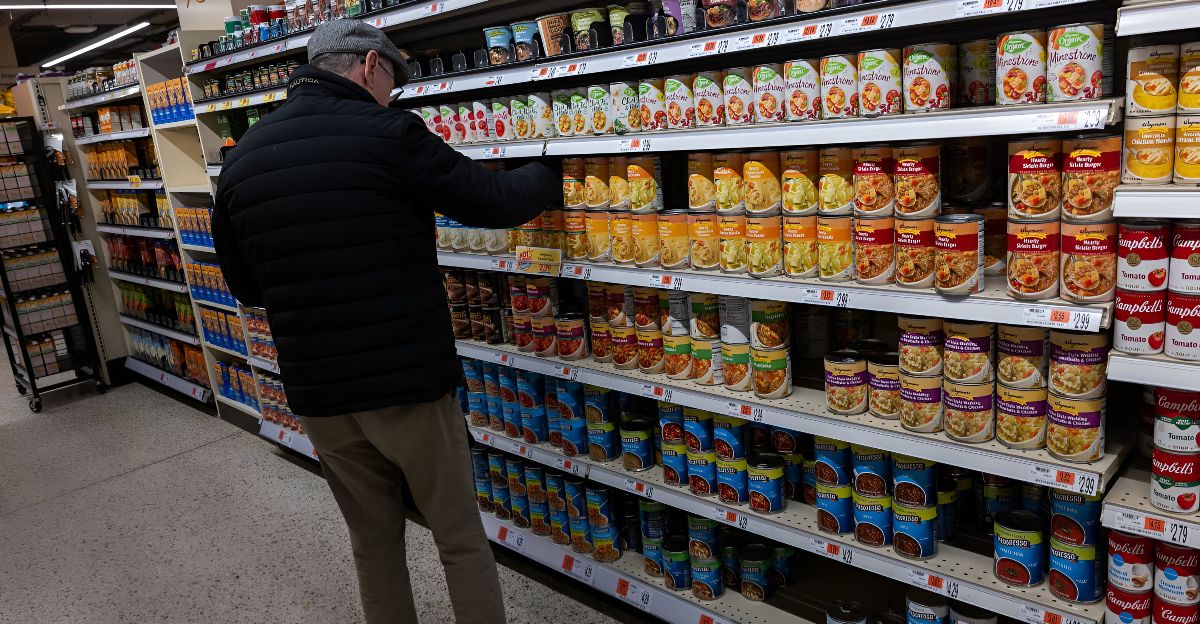
One of the biggest brands in the U.S. canned food industry is dealing with an unexpected crisis. After over 100 years of stocking grocery shelves and kitchen pantries nationwide, it has quietly filed for bankruptcy protection.
This company’s canned goods, which were sold at stores like Walmart and Target across America, have been household staples for generations. But with news of its financial troubles emerging, many shoppers are left wondering what this move means for their favorite soups, fruits, and vegetables, and whether this brand might vanish for good.
More Than A Business Story
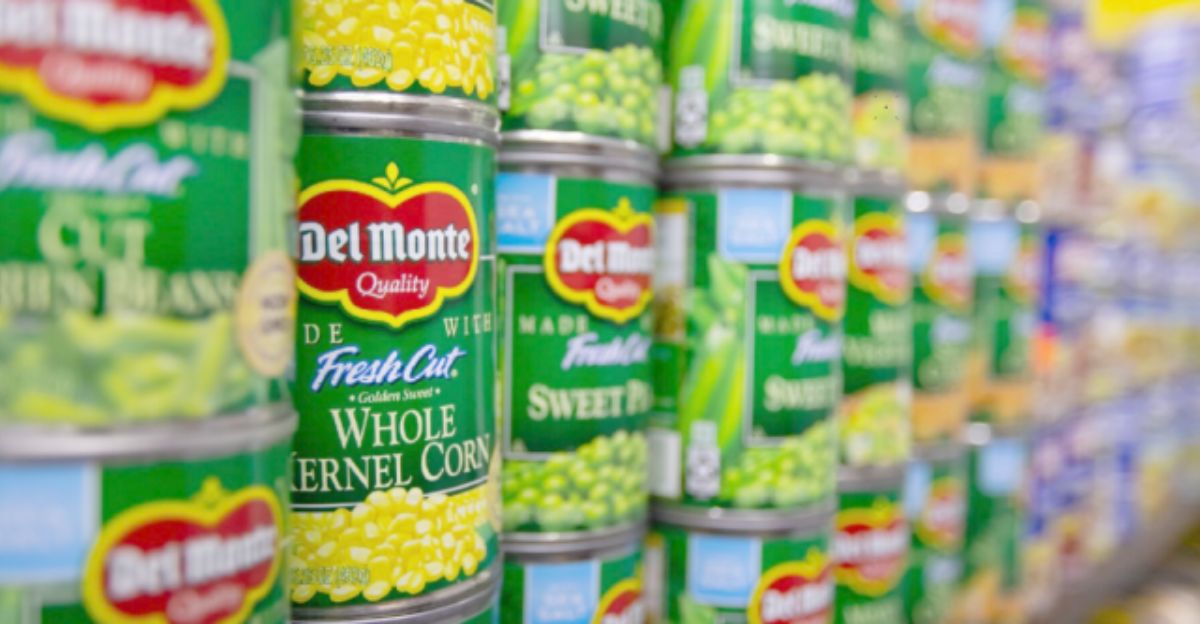
The bankruptcy filing isn’t just some business story; this is a development felt across the country. The company’s products have featured in many American meals over the years, from school lunches to holiday feasts.
With shelves in Walmart and Target stocked with the brand’s familiar cans, the news has raised concerns among shoppers and retailers about the company’s future. The ripple effects could affect everything from food prices to the availability of beloved comfort foods across America.
Comfort and Tradition
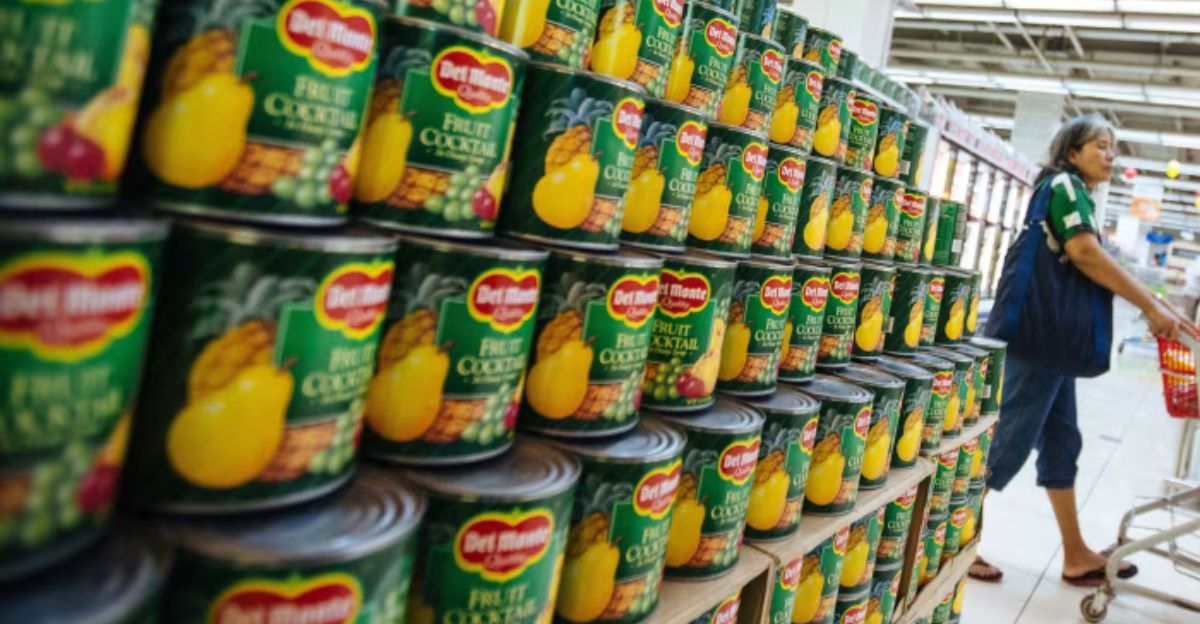
For more than 100 years, this brand’s colorful and recognizable cans have been staples in most American kitchens. Its fruit cocktail, green beans, and peaches were pantry essentials, while its soups and broths were used in countless homemade meals.
Families have relied on these products for generations, turning them into symbols of comfort and tradition. Whether they were packed into lunchboxes or served at family gatherings, the brand has become deeply woven into the daily lives of millions of families.
Significant Changes
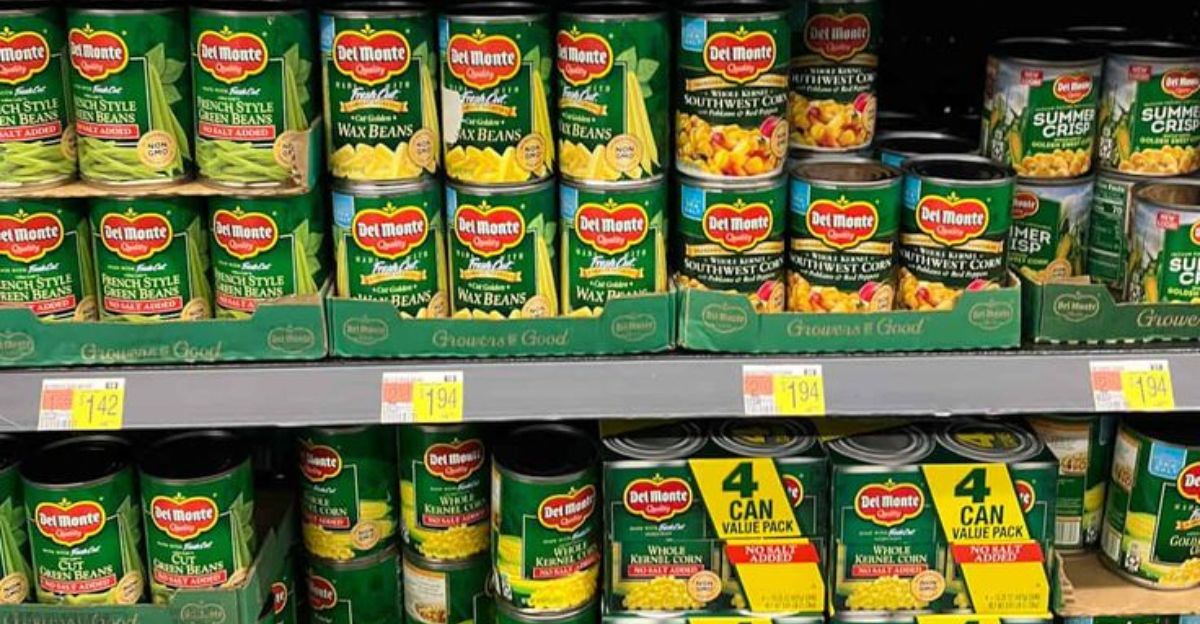
Over the years, the food industry has changed significantly. Higher costs, supply chain challenges, and changing consumer preferences have slowly but surely chipped away at the company’s former dominance.
Nowadays, health-conscious shoppers want organic options, while store brands offer lower prices. Inflation and tariffs have also added more financial pressure, making it harder for the company to adapt. Despite efforts to innovate, the brand has struggled to keep up with the fast-changing market.
Del Monte Foods
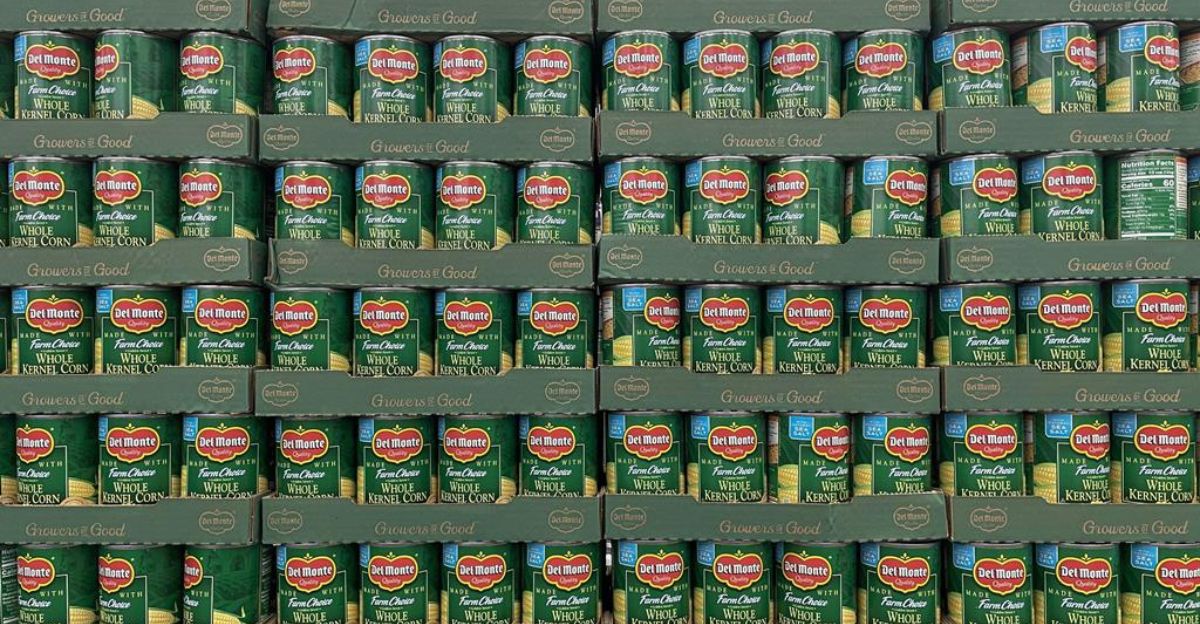
According to court filings and reporting from the Associated Press and ABC News, after almost 140 years in business, Del Monte Foods, a California-based canned food giant, has filed for Chapter 11 bankruptcy protection.
This is a surprising turn for a brand that once led the industry. Del Monte is now looking for new ownership and is working to restructure its significant debt, hoping to find a way forward in a market that’s quickly moving away from canned foods.
Regional Impact
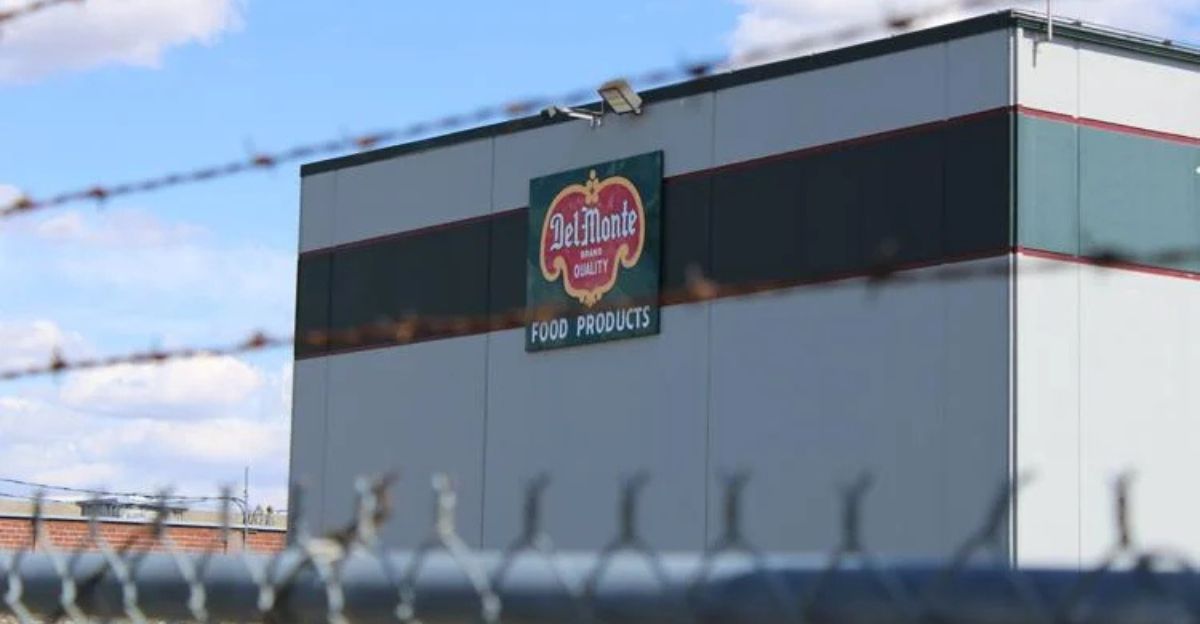
The recent shutdown of a major processing facility and two warehouses in Washington state has eliminated dozens of jobs, sending shockwaves through local economies.
Many communities that have depended on the brand are now facing an uncertain future. As the company’s future remains uncertain, workers, suppliers, and families across America are preparing themselves for the potential fallout and wondering what comes next.
Franchisee Struggles

This crisis has also had an impact on the company’s growers, suppliers, and logistics partners. Many are now facing late payments and reduced orders while the company tries to manage debts that reportedly reach into the billions.
This uncertainty has forced some partners to cut back their operations or look for new customers. For the people who built their livelihoods around Del Monte, the bankruptcy is an ongoing struggle with real-world consequences.
Competitor Pressure
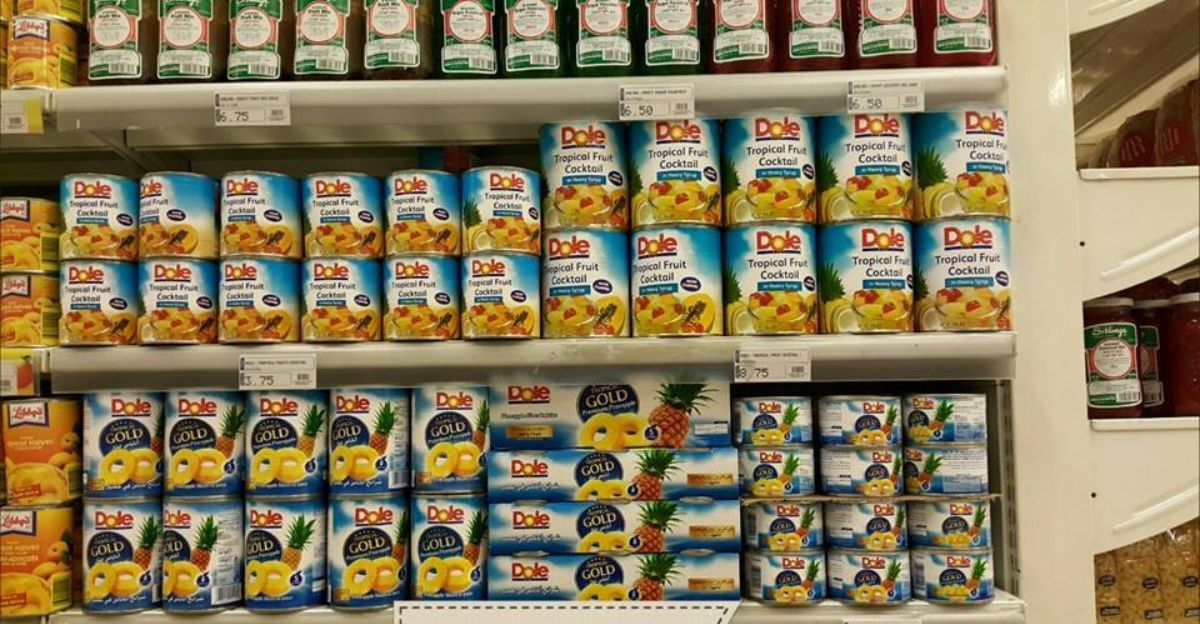
With Del Monte struggling, its competitors are taking advantage. Private-label brands and trendy newcomers have been grabbing market share with more affordable, healthier, or more convenient options.
Even as Del Monte has expanded into new categories like ready-to-eat meals and beverages, the company has struggled to keep up with changing tastes. The growing interest in organic and specialty foods has also eroded the company’s dominance.
Changing Consumer Habits

Nowadays, shoppers want fresh, minimally processed foods, making traditional canned goods less desirable than ever before. While the pandemic briefly boosted demand for these products, people’s shopping habits have changed once again, and now Del Monte is struggling with excess inventory and shrinking sales.
Health trends, environmental concerns, and the desire for convenience have all contributed to the company’s decline.
A Strategic Reset
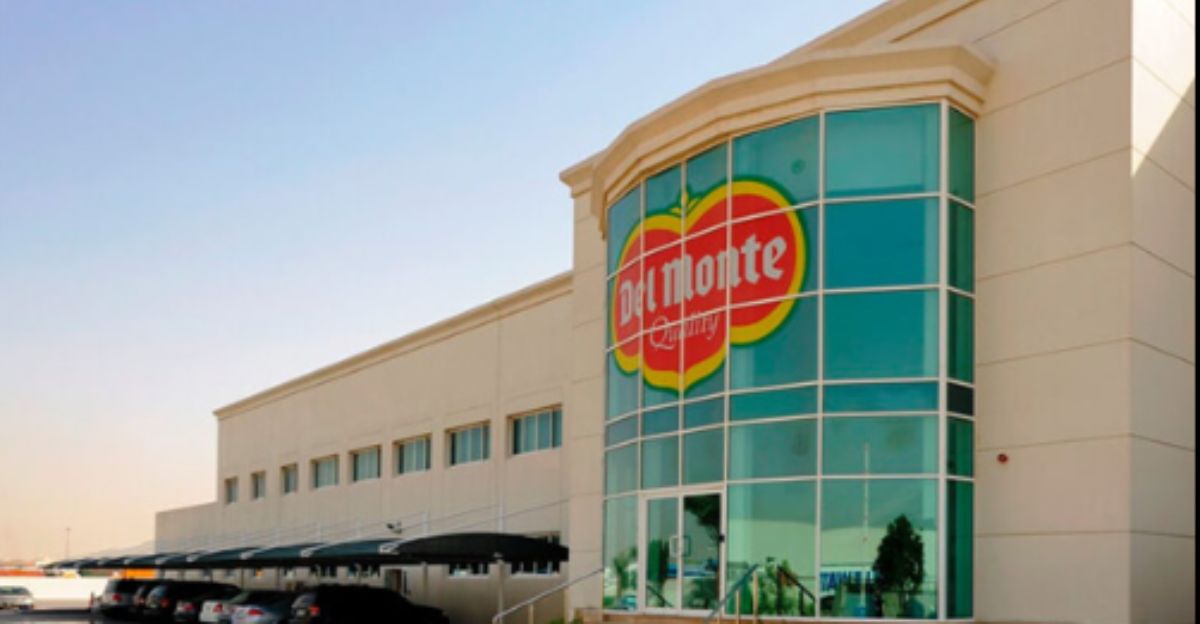
With new financing, Del Monte Foods wants to keep its products in stores while it looks for a new owner. Executives say the bankruptcy filing is a “strategic reset,” promising innovation and renewed focus.
Everyone is left wondering if the brand will be able to reinvent itself for the next generation, or if it will become another casualty of changing times. We will have to wait and see.